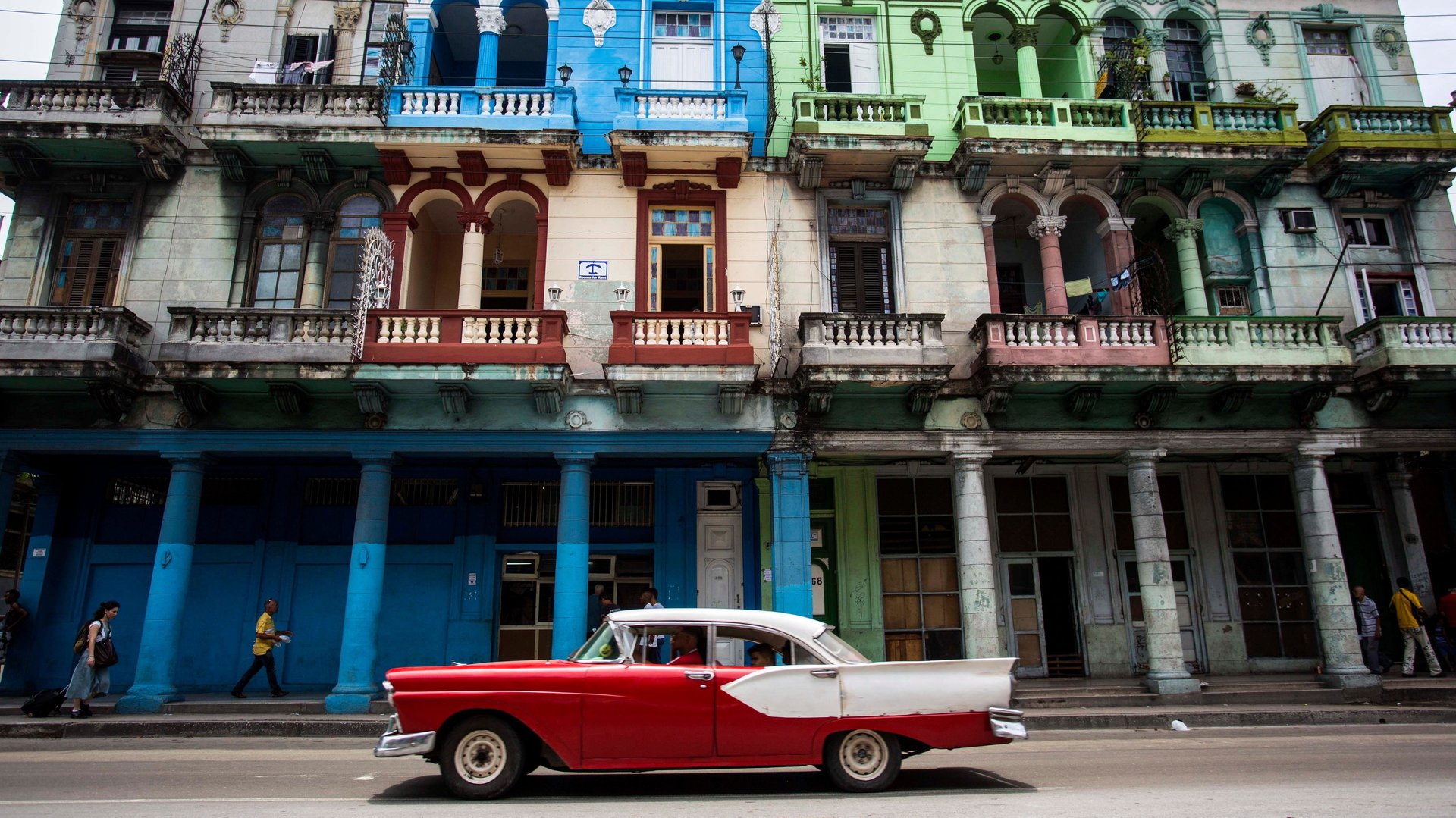Cuba will recognize private property in its new constitution
Cuba has published a summary of a new constitution likely to be approved by the national assembly later this week, which will recognize a right to own private property.


Cuba has published a summary of a new constitution likely to be approved by the national assembly later this week, which will recognize a right to own private property.
Private property was banned after Fidel Castro and his Communist Party seized power in 1959, but sales have been permitted since 2011. The proposed new constitution would freely recognize all private property, as well as the free market, while maintaining a strong role for the government, state media say.
Theoretically, the change could mean that foreign investors and private companies would have more legal protection in the state, but it’s unclear that the state will actually do more than recognize individual ownership. For example, according to Reuters, the Cuban government issued a regulation saying it would include property seizure as a possible fine for those who are self-employed earlier this week.
Details of the constitution were not made widely available; a summary was only reported in Granma, the state-owned newspaper, which stated that the new constitution would almost double the number of articles in the document, which was written in 1976, bringing the total to 224. The Communist Party would continue to rule, but the new constitution would limit the amount of time presidents could serve to two five-year terms. The new legislation would also add a prime minister, who would take on the role as the head of government.
Articles in the new constitution would also ban any sort of workplace discrimination based on gender, disability, and ethnicity, according to the BBC. LGBT activists are hopeful this means the country would be a step closer to legalizing gay marriage.
The new constitution is expected to be revealed this week at a national assembly by president Miguel Diaz-Canel, who replaced Fidel’s brother, Raúl, in April of this year. It is expected to win approval, and then will go to a public referendum later this year. Fidel Castro died at the age of 90 in 2016.